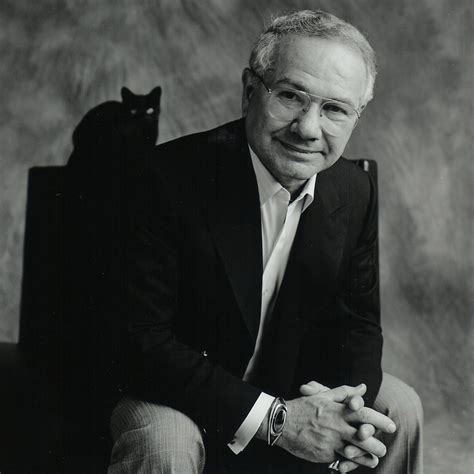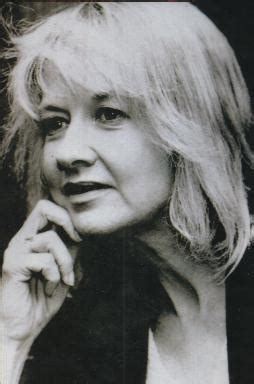A Quote by Terry Tempest Williams
There is an art to writing, and it is not always disclosure. The act itself can be beautiful, revelatory, and private.
Related Quotes
All writing, all art, is an act of faith. If one tries to contribute to human understanding, how can that be called decadent? It's like saying a declaration of love is an act of decadence. Any work of art, provide it springs from a sincere motivation to further understanding between people, is an act of faith and therefore is an act of love.
When I used to teach writing, what I would tell my playwriting students is that while you're writing your plays, you're also writing the playwright. You're developing yourself as a persona, as a public persona. It's going to be partly exposed through the writing itself and partly created by all the paraphernalia that attaches itself to writing. But you aren't simply an invisible being or your own private being at work. You're kind of a public figure, as well.
Art makes people do a double take and then, if they're looking at the picture, maybe they'll read the text under it that says, "Come to Union Square, For Anti-War Meeting Friday." I've been operating that way ever since - that art is a means to an end rather than simply an end in itself. In art school we're always taught that art is an end in itself - art for art's sake, expressing yourself, and that that's enough.
Writing the past is never a neutral act. Writing always asks the past to justify itself, to give its reasons... provided we can live with the reasons. What we want is a narrative, not a log; a tale, not a trial. This is why most people write memoirs using the conventions not of history, but of fiction.


































